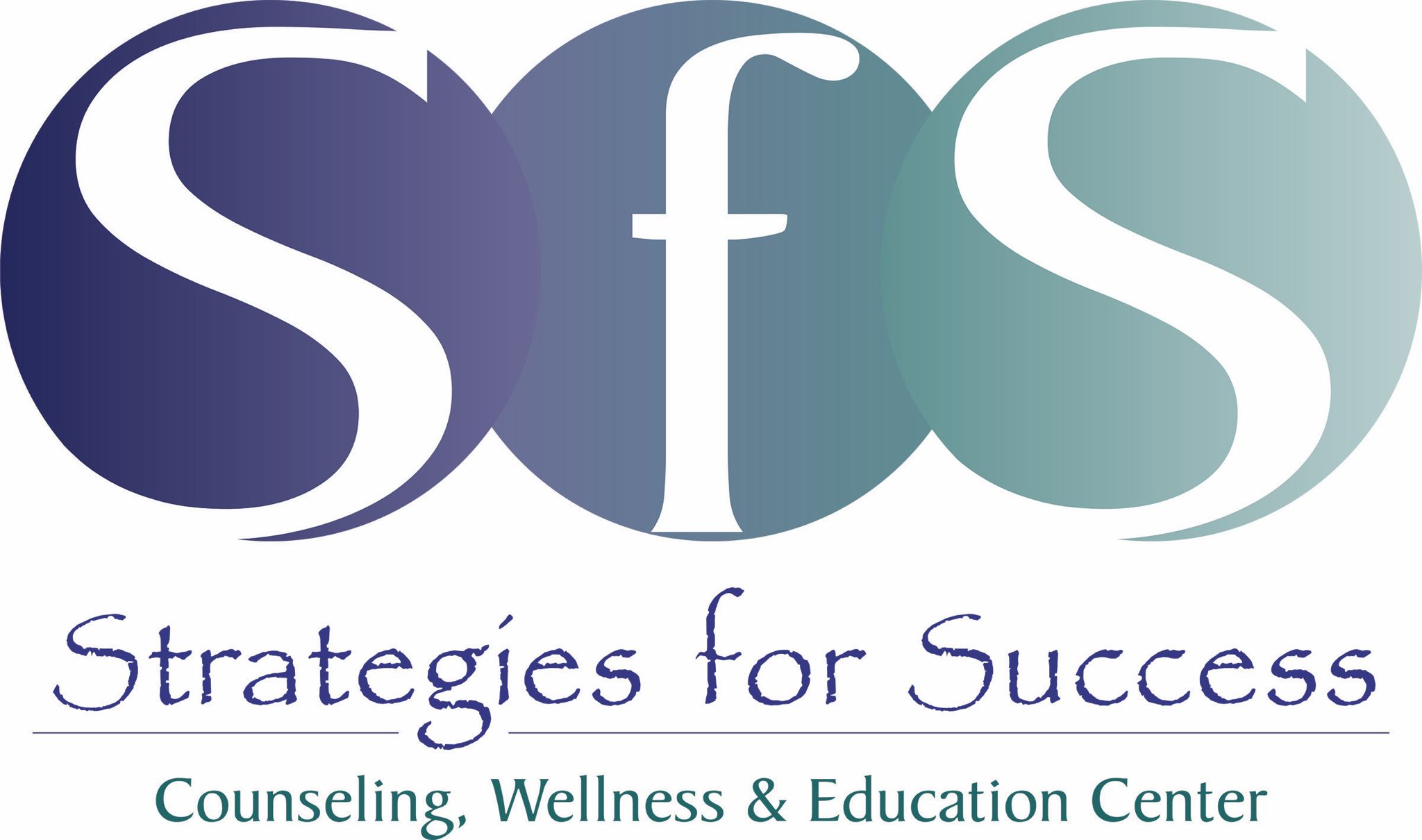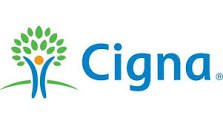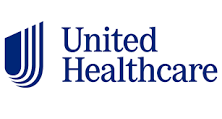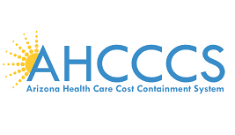Trust us for expert advisory services
TMS provides safe, well-tolerated, and long-lasting relief for depression, with insurance coverage and cost-effectiveness compared to medication. It’s a viable option for treatment-resistant patients.
How does TMS work
- We use CloudNeuro TMS.
- It stimulates neurons (nerve cells) in the brain.
- It enables neurons to alter communication.
- It’s a 100%drug-free method of treatment.
- TMS effectiveness is confirmed.
Psychology
Counseling

Jessiica Bronw
CEO & CO Founder
20 Years
of Expericence
Services We Provide
TMS treats multiple disorder
Achieve a better quality of life with the TMS (Clinic name) advanced treatment options for depression, anxiety, chronic pain, and other conditions. Experience the evolving science of TMS today.
TMS is a therapy that involves using magnetic fields to stimulate specific areas of the brain, which has shown promise in regulating the abnormal brain activity associated with anxiety disorders.
Transcranial Magnetic Stimulation (TMS) is a promising therapy for Obsessive-Compulsive Disorder (OCD) that works by altering the activity of specific brain regions involved in OCD. Studies have shown that TMS can significantly improve OCD symptoms in some patients.
TMS is a non-invasive treatment for depression that uses magnetic fields to stimulate nerve cells in the brain. It is an effective alternative to medication for those who have not responded well to traditional treatments.
TMS is being explored as a potential treatment for various conditions, including traumatic brain injury, and PTSD (Post-Traumatic Stress Disorder. TMS works by using magnetic fields to stimulate nerve cells in specific brain areas, helping regulate brain activity and improve mood.
What is the Success Rate of TMS Therapy
Most TMS providers report a success rate between 70% and 80%, indicating that a significant number of individuals experience substantial relief after undergoing treatment. In contrast, commonly prescribed medications like Selective Serotonin Reuptake Inhibitors (SSRIs) have a success rate of only 27.5%, according to the NIMH-funded STAR*D study. For those with treatment-resistant depression, the success rate for subsequent medications diminishes significantly, dropping below 7% after trying four different medications. It typically takes 1-2 months to determine the effectiveness of an antidepressant, meaning that individuals may spend 4-8 months testing different medications with minimal chances of achieving remission. Moreover, increased medication usage heightens the risk of experiencing negative side effects such as sexual dysfunction, gastrointestinal discomfort, nausea, increased appetite and weight gain, insomnia, agitation, irritability, and headaches.

//
Recent Case Studies
//
Checkout our successfully completed cases




Why choose TMS
How are we different?
- Drug-free TMS therapy option.
- Covered by all major insurance plans.
- Experienced and dedicated team.
- Personalized care for each patient.
- Effective mental health treatment.
- Flexible and convenient sessions
Most of the people choose us
Lorem ipsum dolor sit amet, cos ectetuer adipiscing elit, sed diam non nibh.

We’re Certified Psychologist
//
Rewards & Awards
//
Achievements in recognition awards and rewards
Counseling Award
Lorem ipsum dolor sit amet, consectetur adipiscing elit, eiusmod
The Best Quality
Lorem ipsum dolor sit amet, consectetur adipiscing elit, eiusmod
The Best Choice
Lorem ipsum dolor sit amet, consectetur adipiscing elit, eiusmod
Super Quality
Lorem ipsum dolor sit amet, consectetur adipiscing elit, eiusmod

//
From the Blog Posts
//
Latest news & articles directly coming from blog
Unlocking the Potential of TMS Therapy for Mental Health
Unlock Your Potential with Neurofeedback at Strategies for Success





















